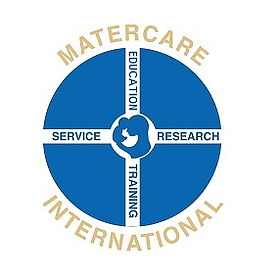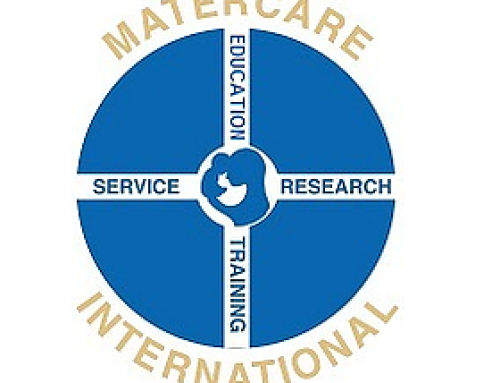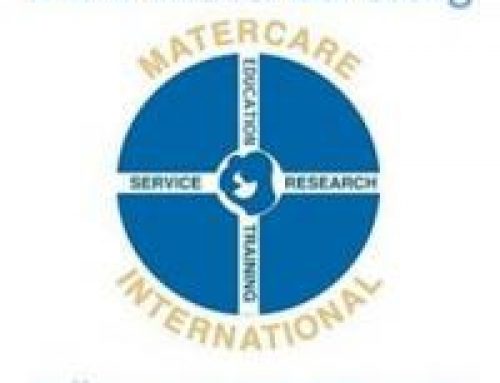Medical Technology and Moral Practice: Navigating New Frontiers
In recent years, the rapid pace of innovation in medical technology has led to remarkable breakthroughs in healthcare. From artificial intelligence to genetic editing and remote robotic surgery, these advancements promise to improve the quality of care and extend life expectancy. However, as we push the boundaries of science and medicine, we are also faced with complex ethical dilemmas. For MaterCare International these challenges are not merely academic but have real-world implications.
Artificial intelligence (AI) is increasingly being integrated into healthcare systems, from diagnostics to patient care management. In maternal health, AI-powered tools can analyze vast amounts of data, predicting complications in pregnancy and birth with unprecedented accuracy. This has the potential to save countless lives, particularly in regions where access to skilled healthcare professionals is limited.
However, relying heavily on AI also raises concerns about dehumanizing care. At MaterCare International, where compassionate, person-centered care is at the heart of our mission, the question arises: How do we maintain the sacred doctor-patient relationship in an era where machines take over critical aspects of diagnosis and decision-making? If AI begins to make decisions for us, will we lose sight of the emotional, spiritual, and moral dimensions of healthcare?
While technology can aid in care, it should never replace the discernment and empathy that only a human caregiver can provide. As an organization, MaterCare is committed to ensuring that technological advances serve the dignity and well-being of the mother and child, not simply the efficiency of the system.
In remote and underserved areas, maternal healthcare often suffers due to a lack of specialized doctors. Robotic surgery and telemedicine now make it possible for surgeons to perform operations across continents. This could be life-changing in rural parts of Africa and other developing regions where maternal mortality rates are high, and access to skilled surgeons is limited.
Yet, while this technology offers hope, it also poses moral challenges. MaterCare operates with the understanding that healthcare is not simply a transactional service, but a ministry. Can robotic surgery, performed from afar, truly meet the holistic needs of the patient? Surgery involves more than technical skill; it involves the presence of a caring physician who is attuned to the emotional and psychological needs of the patient. By introducing robotics, we risk reducing healthcare to a purely mechanical act, void of the personal connection that is so essential to healing.
As an organization that cares for mothers and children, MaterCare seeks to affirm that life is sacred from conception until natural death, and that motherhood is a vocation to be respected and cherished, not outsourced or manipulated through technology.
In our quest for medical progress, it is crucial to remember that technological advances must always be evaluated through the lens of ethics. Just because something can be done does not mean it should be done. MaterCare International’s commitment to promoting the dignity of mothers, children, and families calls for a careful discernment of how new technologies affect the moral fabric of society.
Catholic social teaching provides us with a framework for navigating these complex issues. It reminds us that the human person, created in the image and likeness of God, is at the center of all ethical considerations. Healthcare must always serve the good of the person, respecting the sanctity of life, the integrity of the family, and the spiritual and physical well-being of each individual.
Medical technology has the potential to transform healthcare, but it also brings new ethical challenges that cannot be ignored. For MaterCare International, advancing maternal health while staying true to moral principles means carefully balancing the benefits of innovation with the need to uphold human dignity.
As we move forward into this exciting and uncertain future, we must ensure that every technological advancement is guided by compassion, respect, and a deep reverence for life. MaterCare will continue to embrace progress in healthcare while steadfastly upholding the sacredness of the doctor-patient relationship and the moral imperatives that form the foundation of our work.









